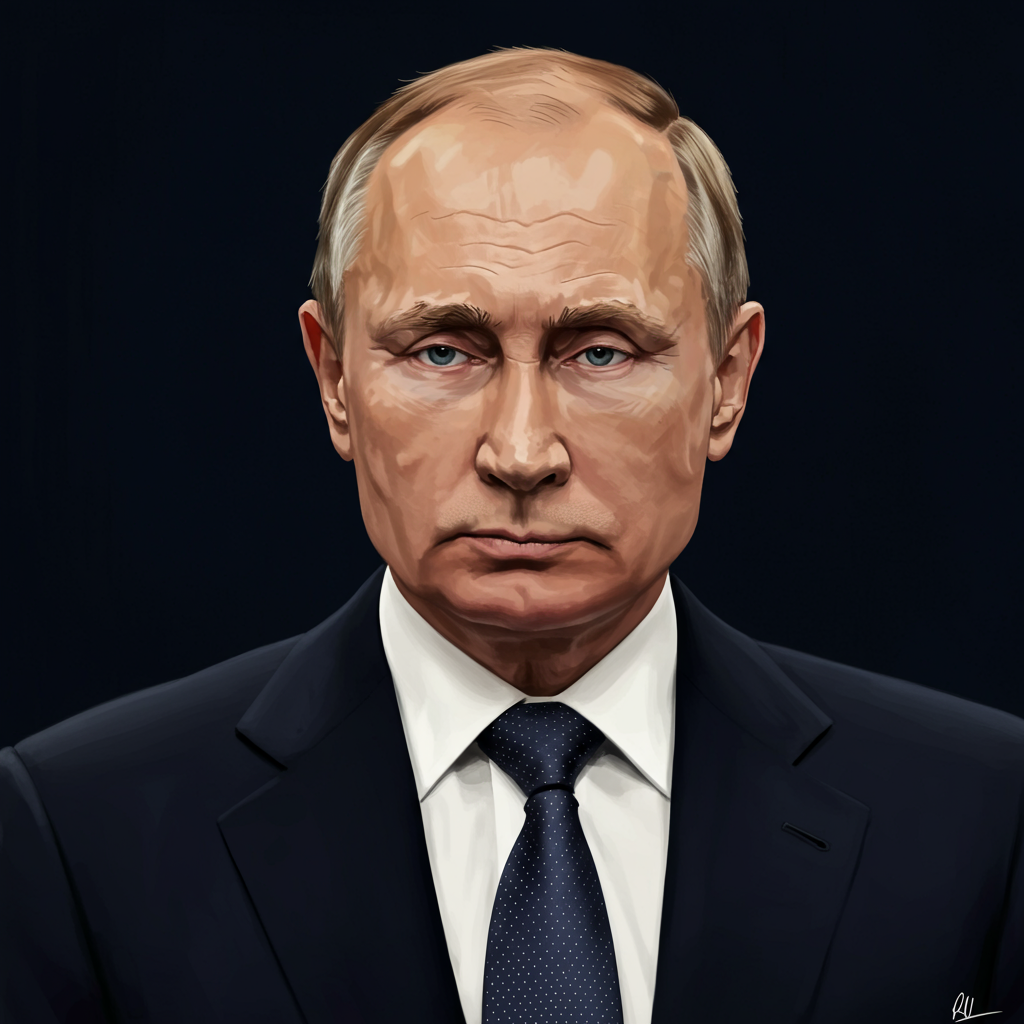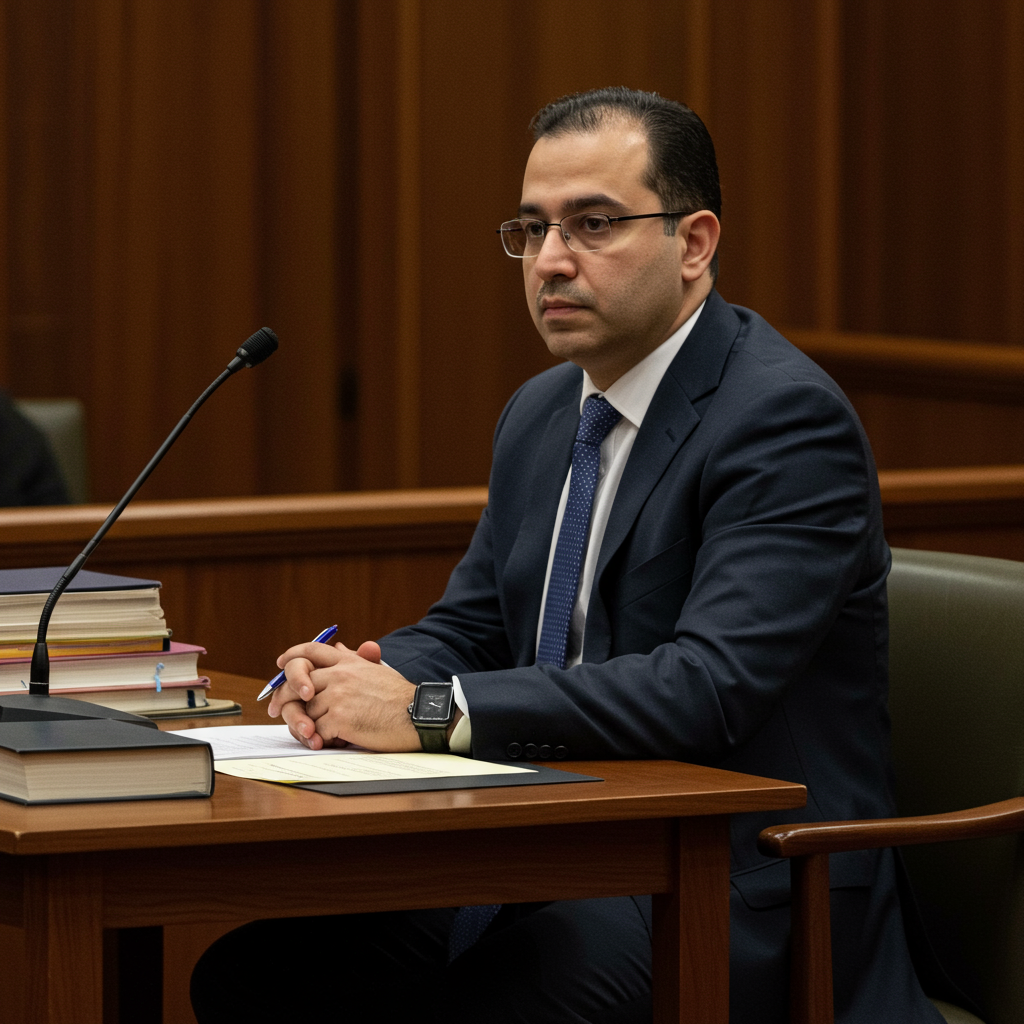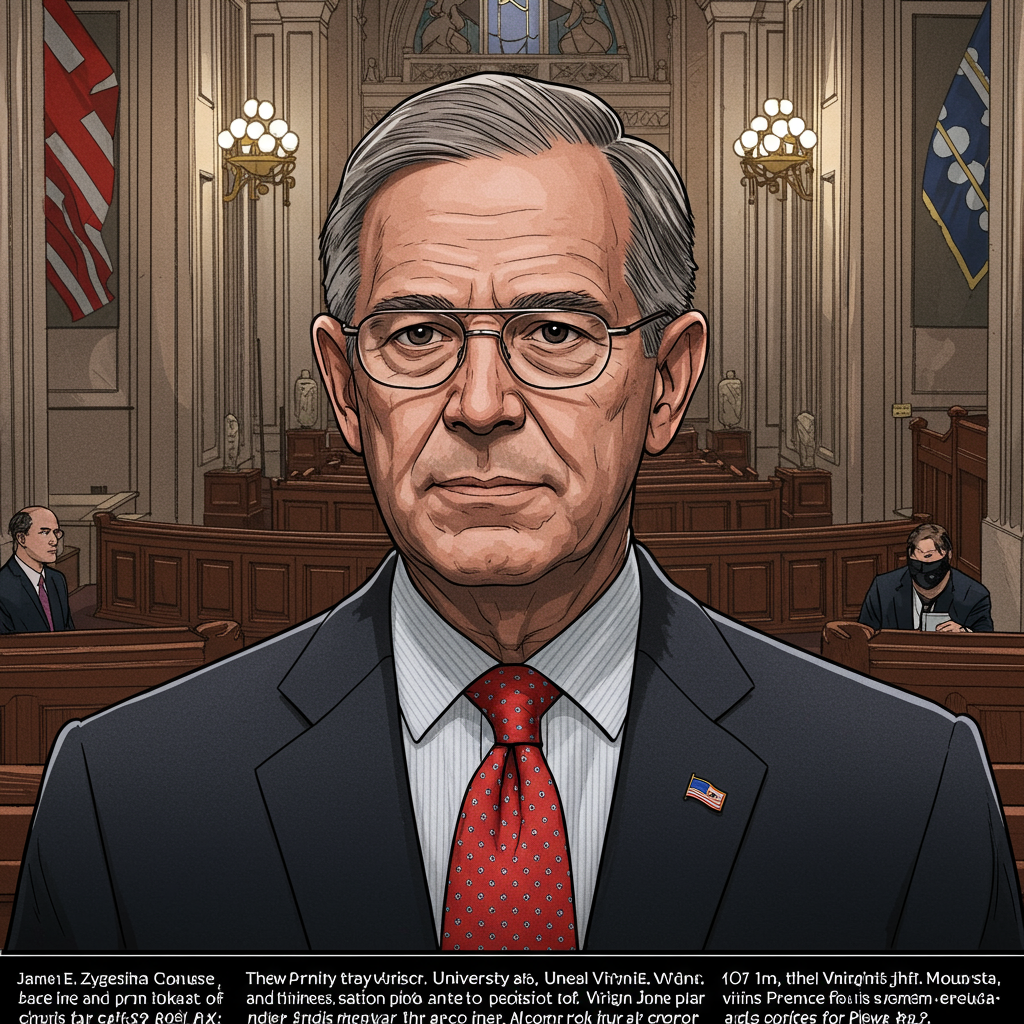Despite direct engagement from former U.S. president Donald Trump, Russian President Vladimir Putin remains steadfast in his resolve to continue the conflict in ukraine. A recent high-level phone call between the two leaders, intended by some as an opportunity to broker a peace agreement, reportedly concluded with Putin reiterating his refusal to end military actions until Russia achieves its defined objectives. This development unfolds amidst a backdrop of shifting international support for Kyiv, including a recent pause in certain U.S. military aid shipments, which security analysts warn could inadvertently embolden Moscow’s strategic ambitions.
According to readouts from the Kremlin, President Putin explicitly stated during the discussion with Trump that Russia intends to press forward with its military campaign. Russian diplomat Yuri Ushakov, detailing the substance of the call, confirmed that while Russia claims to seek a political and negotiated resolution to the conflict, this path is conditional. Putin reportedly conveyed that Russia “will not back down” from the goals it has established for the operation.
These goals, as articulated by Moscow, center on the “elimination of the well-known root causes that led to the current state of affairs.” Putin and Russian officials have consistently framed these “root causes” around Ukraine’s aspirations for NATO membership, which they view as an existential threat, and the stated aim of dismantling the current government in Kyiv. This position underscores a fundamental incompatibility with Ukraine’s sovereign right to determine its own alliances and leadership.
The July 3rd call occurred just two days after the United States announced it was halting the delivery of some previously committed military arms destined for Ukraine. These weapons were reportedly already positioned in Poland awaiting transfer. The reason cited for this pause was an evaluation of U.S. military stockpiles. This decision has sparked considerable debate among foreign policy and defense experts.
Many security professionals voiced concerns that pausing aid, even temporarily, could send a signal of wavering support to Ukraine and potentially strengthen Moscow’s hand. Speaking to various media outlets, analysts warned that such a move risks “encouraging” and “escalating” President Putin’s war ambitions. The Kremlin’s readout of the call did not specifically mention whether the U.S. weapons pause was discussed between Putin and Trump, leaving open questions about its direct influence on their conversation or Putin’s reaffirmed stance.
Former National Security Advisor H.R. McMaster previously commented on Putin’s strategic approach, suggesting attempts by Russia to “play Trump” on the Ukraine issue are likely to fail in achieving substantive concessions from Kyiv. This perspective highlights the complexity of external mediation attempts when core territorial and sovereignty issues remain unresolved.
Beyond the immediate conflict in Ukraine, the conversation between Putin and Trump also reportedly touched upon the volatile situation in the Middle East. Specific focus was placed on Iran, particularly concerning recent military strikes conducted by the United States and Israel targeting elements of Tehran’s nuclear program. The Russian side, according to official readouts, emphasized the importance of resolving all disputes and conflict situations in the region exclusively through political and diplomatic channels. This position aligns with Russia’s broader foreign policy rhetoric advocating for de-escalation through negotiation in regional flashpoints, although critics point to a disparity between this rhetoric and Russia’s actions in Ukraine.
Amidst ongoing diplomatic efforts, including attempts by President Trump to broker a ceasefire since taking office, Ukrainian President Volodymyr Zelenskyy has maintained a firm position. Zelenskyy has repeatedly rejected any peace terms that would involve Ukraine ceding territory currently under Russian partial occupation. Following reports of the Trump-Putin call and renewed Russian demands, Zelenskyy stated unequivocally that Ukrainian troops would not withdraw from Ukrainian territory, underscoring that Russia’s demands indicate they do not genuinely desire peace based on mutually acceptable terms.
Sources familiar with previous diplomatic exchanges, including discussions earlier in 2025 involving President Trump and Ukrainian officials, indicated that past American proposals have sometimes included controversial ideas, such as granting the U.S. access to Ukraine’s mineral resources in exchange for aid, or suggesting Ukraine might not realistically rejoin its pre-2014 borders or achieve NATO membership. These ideas have been met with skepticism and rejection from Kyiv, which insists on territorial integrity and meaningful security guarantees. Zelenskyy has explored potential “Plan B” scenarios, such as building a formidable defense force independent of immediate NATO membership, but maintains the ultimate goal of reclaiming all occupied territories.
The divergence between Moscow’s unwavering demands for Ukraine’s capitulation on key issues and Kyiv’s insistence on sovereignty and territorial integrity creates a significant impasse. Despite hours of high-level discussions, like the recent one between Putin and Trump, achieving a meaningful ceasefire or sustainable peace settlement remains a distant prospect as long as these core positions conflict fundamentally. Russia’s continued military actions, coupled with its rejection of unconditional ceasefires, further complicate the path towards de-escalation. The international community largely supports Ukraine’s right to self-defense and territorial integrity, placing the onus on Russia to change its aggressive stance.
The timing of Putin’s call with Trump, following the US weapons pause, highlights the interconnectedness of military aid decisions and diplomatic leverage. Experts suggest that demonstrating consistent and robust support for Ukraine is critical to influencing Moscow’s calculations and creating conditions conducive to meaningful negotiations, rather than emboldening further aggression.
Frequently Asked Questions
What did Putin say about ending the Ukraine war during his call with Trump?
During the recent call with former President Trump, Russian President Vladimir Putin reiterated his position that the war in Ukraine will continue until Russia achieves its defined “goals.” According to Russian readouts, Putin stated that Russia will not back down from these objectives, despite seeking a political solution.
What are Putin’s stated “goals” for continuing the conflict in Ukraine?
President Putin’s publicly stated goals for the conflict include the “elimination of the well-known root causes” of the current situation. Russian officials interpret these causes as addressing Ukraine’s aspirations for NATO membership and altering the government in Kyiv, which they view as hostile to Russia’s security interests.
How has the US decision to pause some weapons aid potentially impacted Russia’s war efforts?
The US decision to temporarily halt some military aid shipments to Ukraine, citing concerns about U.S. stockpiles, has raised concerns among security experts. Analysts warn that this pause could be interpreted by Moscow as a sign of weakening support for Kyiv, potentially emboldening President Putin and encouraging him to escalate or prolong his military campaign.




